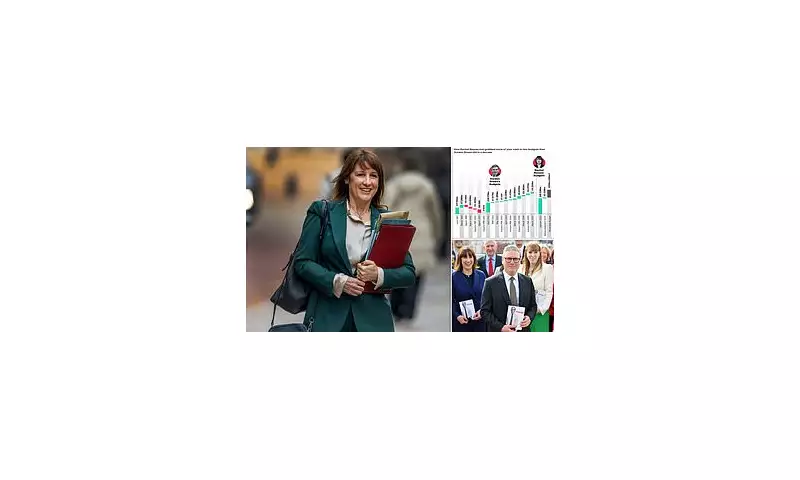
British households could be facing a significant financial blow as Labour considers implementing a controversial income tax increase that would see the basic rate rise by 1p in the pound.
The Tax Plan That Could Shake Your Wallet
Chancellor Rachel Reeves is reportedly exploring options to increase government revenue through direct taxation, with a potential 1 percentage point rise in income tax being seriously debated within Labour circles. This move would mark a dramatic shift in the UK's tax landscape and could have far-reaching consequences for millions of workers.
What This Means for Your Pay Packet
The proposed increase would see the basic rate of income tax climb from 20% to 21%, while the higher rate could jump from 40% to 41%. For the average UK worker, this translates to:
- An additional £250-£500 per year for basic rate taxpayers
- Potentially over £1,000 extra for higher earners
- Reduced disposable income amid ongoing cost of living pressures
- Increased financial strain on middle-income families
The Political Battle Over Taxation
This potential tax hike comes as the government faces mounting pressure to fund public services while managing the country's economic recovery. The debate highlights the fundamental divide in economic philosophy between Labour and Conservative approaches to taxation and public spending.
Critics argue that increasing income tax during a period of economic uncertainty could stifle growth and burden households already struggling with inflation. Supporters counter that additional revenue is essential to maintain vital services and invest in long-term economic stability.
How We Compare to Other Nations
If implemented, this change would push the UK's basic income tax rate higher than many comparable economies, potentially affecting Britain's competitive edge in attracting and retaining talent. The move could also influence business decisions and investment patterns across the country.
The Bigger Picture: Britain's Fiscal Future
This tax discussion forms part of a broader conversation about how Britain should pay for its public services in the coming years. With an ageing population and increasing demands on the NHS and social care system, policymakers face difficult choices about revenue generation.
The proposed increase represents one of the most significant potential changes to personal taxation in recent years and could define Labour's economic legacy for the foreseeable future.





